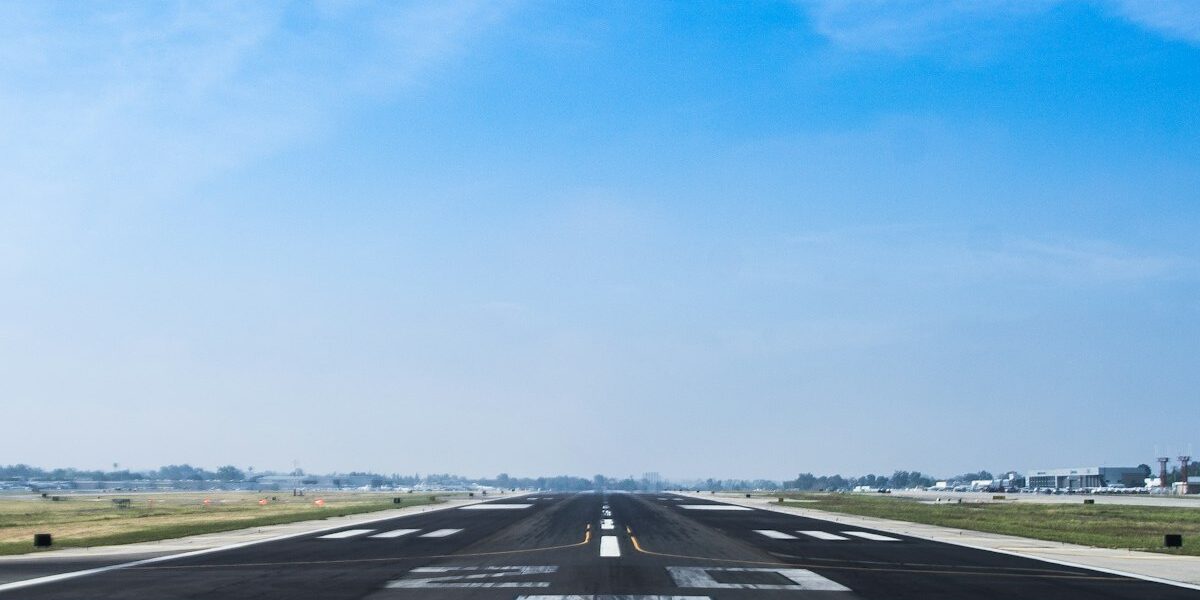Norse Atlantic UK
Norse Atlantic UK
Norse Atlantic Airways is a relatively new player in the aviation industry. Emerging from the shifting landscape of global air travel, this carrier focuses on transatlantic routes. The name itself triggers thoughts of Viking explorations and boundless horizons. Established in 2021, it quickly made headlines for its ambitious vision.

Origins and Founding
The concept behind Norse Atlantic Airways was spearheaded by CEO Bjørn Tore Larsen. His vision was clear—to connect North America and Europe with direct, affordable flights. The airline was established during a challenging period for the global airline industry. Despite the uncertainties, Larsen and his team pushed forward to bring a fresh perspective to transatlantic travel.
Fleet and Operations
Norse Atlantic’s fleet primarily comprises Boeing 787 Dreamliners. These aircraft are known for their fuel efficiency and passenger comfort. The airline emphasizes sustainable practices. Using modern, efficient planes is one of its key strategies. Each aircraft in their fleet is named after a national park, underscoring their commitment to environmental themes.
- Fuel-efficient Boeing 787 Dreamliners
- Comfortable seating arrangements
- Commitment to environmental sustainability
Routes and Destinations
Initially, Norse Atlantic focused on major hubs such as London, New York, and Los Angeles. The choice of these routes underlined their goal to tap into high-demand markets. Over time, they expanded their offerings to include secondary airports. This strategy caters to a broader audience and optimizes operational efficiency.
Key routes:
- London to New York
- London to Los Angeles
- New York to Oslo
- Paris to Orlando
Unique Selling Points
Norse Atlantic Airways distinguishes itself through competitive pricing and a no-frills approach. Their model is akin to a low-cost carrier but for long-haul flights. This approach appeals to budget-conscious travelers and those who prioritize direct flights over luxury.
Affordable Pricing Strategies
The airline offers a variety of fare classes. Basic Economy is the most affordable, providing essential services with optional add-ons. Premium classes offer more comfort but remain reasonably priced. This tiered approach ensures accessibility for different budgets.
Streamlined Services
Norse Atlantic simplifies the travel experience. From booking to boarding, their processes minimize hassle. Self-service options include online check-in and mobile boarding passes. In-flight services are similarly efficient, focusing on what passengers find most essential.
Environmental Initiatives
Sustainability is a cornerstone of Norse Atlantic’s mission. The use of advanced aircraft significantly reduces their carbon footprint. The airline also engages in carbon offset programs, partnering with environmental organizations to balance emissions. Commitment to eliminating single-use plastics onboard further supports these efforts.
- Carbon offset programs
- Advanced, fuel-efficient aircraft
- Reduction of single-use plastics
Customer Experience
While affordability is a major selling point, passenger comfort is not compromised. The Boeing 787 Dreamliner offers spacious seating and advanced air circulation. Customer feedback often highlights the comfort and quietness of the aircraft. In-flight dining options, though limited in economy class, are of notable quality.
Key aspects:
- Comfortable seating on 787 Dreamliners
- Advanced air circulation systems
- Quality in-flight dining options
Technological Integration
Technology plays a significant role in enhancing the travel experience with Norse Atlantic. The airline’s website and mobile app streamline the booking process. Features like real-time flight tracking provide additional convenience. Onboard, Wi-Fi services keep passengers connected during their journey.
Future Prospects
The future looks promising for Norse Atlantic Airways. Plans for expanding routes and increasing fleet size are underway. They aim to strengthen their presence in current markets and explore new ones. Innovations in service and sustainability are likely to continue, maintaining their competitive edge.
Expansion Plans
New destinations are being evaluated. The focus remains on high-demand transatlantic routes. Initiatives to enhance passenger experience are in the pipeline. These include improved in-flight entertainment and further enhancements to premium services.
Sustainability Goals
Ongoing commitments to sustainability will see more initiatives being rolled out. Future practices will likely involve the adoption of alternative fuels and more partnerships with environmental organizations. Norse Atlantic Airways remains dedicated to reducing its environmental impact while providing quality service.
Impact on the Industry
The entrance of Norse Atlantic Airways has brought competition to traditional carriers. Their presence pressures incumbents to reconsider pricing and service structures. This competition could lead to a more balanced market with varied options for travelers.
The airline’s focus on sustainability has also set a benchmark. Other carriers may adopt similar practices to stay relevant in a market that increasingly values eco-friendly operations. The ripple effect of Norse Atlantic’s initiatives can potentially drive broader industry changes.
Challenges and Considerations
Like any new airline, Norse Atlantic faces challenges. Market fluctuations, economic downturns, and operational hurdles are part of the landscape. Ensuring a balance between cost-efficiency and service quality is crucial. Adapting to traveler preferences and global conditions will demand continual adjustments.
The industry’s competitive nature means staying ahead requires innovation. Keeping travel affordable while enhancing the passenger experience is a constant challenge. Regulatory requirements and environmental considerations, while central to their mission, also add layers of complexity.
Conclusion
Although Norse Atlantic Airways is relatively new, its impact is significant. The airline’s promise of affordable, sustainable, and comfortable travel sets it apart. Ongoing expansions and innovations will likely keep it in the spotlight as it continues to grow and influence the aviation industry.



